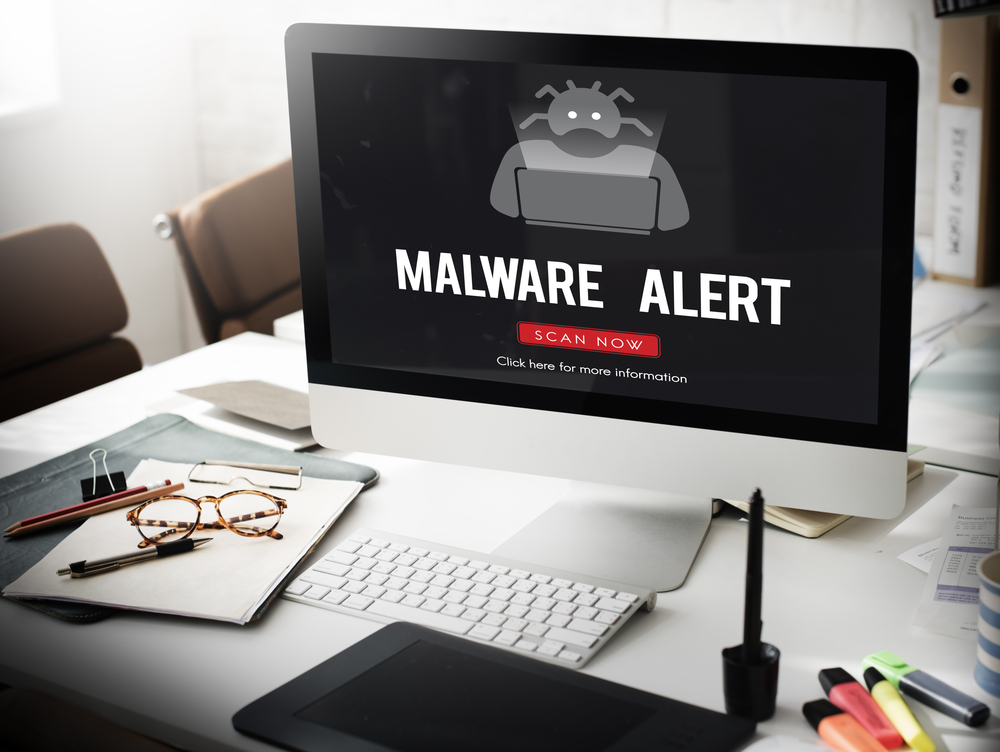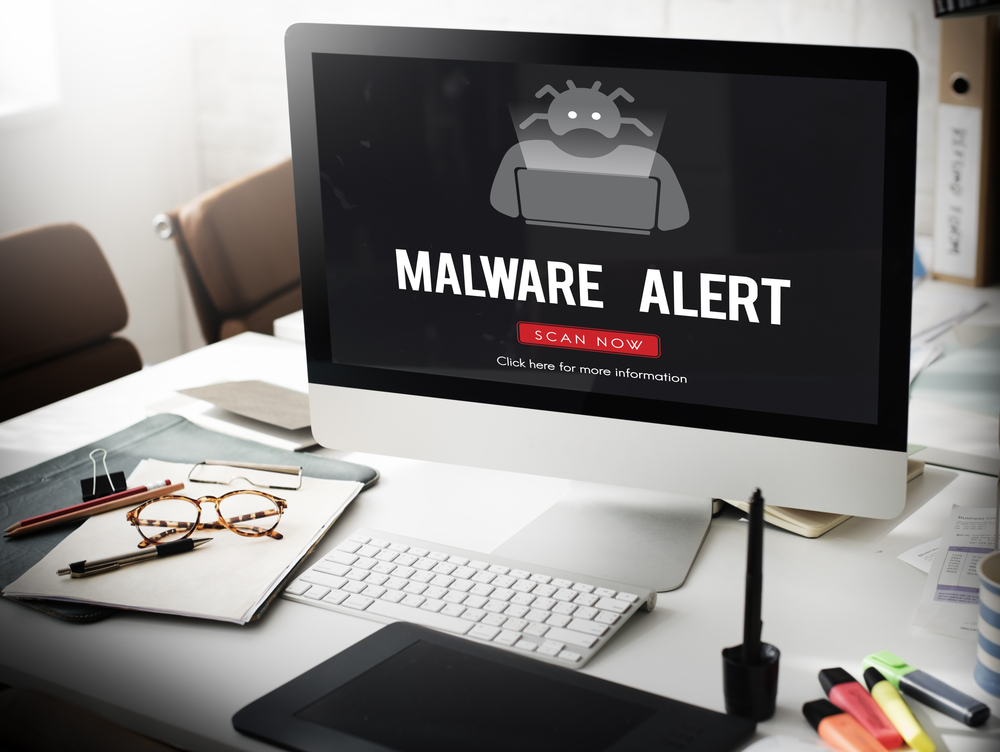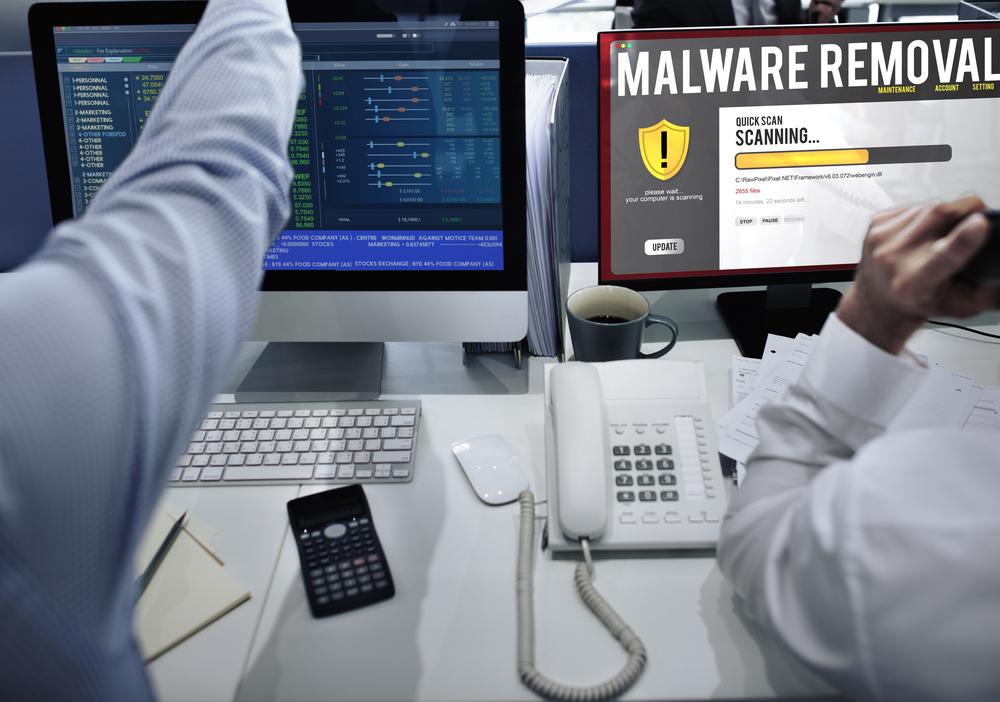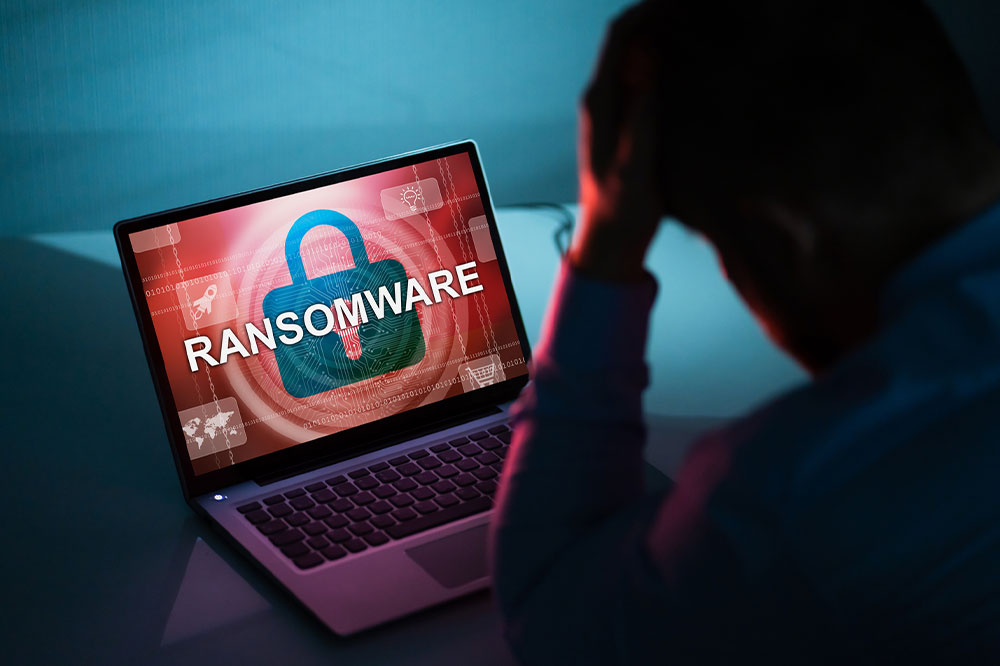Understanding malware vs. viruses: Key distinctions
Learn the key differences between malware and viruses, their impacts on devices, and how to protect against these evolving threats. This article clarifies common misconceptions and highlights essential cybersecurity practices for safeguarding personal and organizational data.

Malware and viruses: What's the difference?
Many users confuse malware with viruses, but they are distinct threats to digital devices. Malware, short for malicious software, is a broad term encompassing various harmful codes, including viruses, spyware, worms, and ransomware. While viruses are a subset of malware that can replicate and spread, not all malware is contagious. Malware can infect smartphones, computers, tablets, and other devices through malicious downloads, infected email attachments, or compromised websites, often causing slowdowns, data loss, or unauthorized access. Recognizing the differences helps in deploying effective protection strategies.
Viruses are malicious programs that attach to files and replicate, often spreading through insecure devices or email. They can disrupt system functions, delete data, or cause crashes. Unlike malware in general, viruses harm systems directly and may display pop-ups or slow performance. Ransomware, a sophisticated form of malware, encrypts data and demands payment for decryption. Malicious codes often hide within legitimate-looking files and can silently infect connected devices or spread via removable drives, creating botnets for criminal activities like spam campaigns.
Infections may remain dormant, but malware can secretly control devices, sending unwanted messages or stealing information without detection. Users should be vigilant, always using updated antivirus software and avoiding suspicious links or files. Recognizing these differences boosts cybersecurity and safeguards personal and professional data from evolving cyber threats.
Note: Our content aims to provide valuable insights into cybersecurity topics. While we strive for accuracy, it should not replace professional advice. Always consult cybersecurity experts for specialized guidance. Our team is committed to offering helpful information, but we are not responsible for discrepancies or technical issues related to external data or systems.









